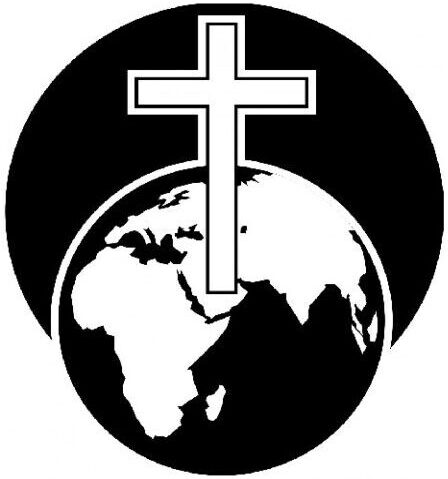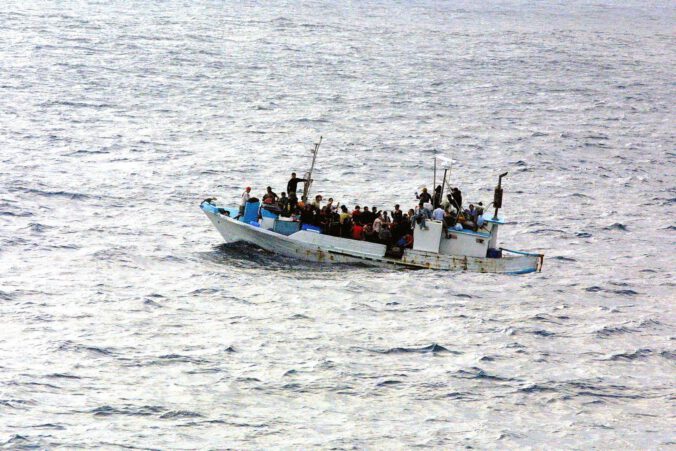Leading athletes, influencers and innovators have been sharing their thoughts on the role that sport can play in building a better world for all, in UN-led online discussions held to coincide with the Tokyo Olympics.
“Sport becomes something that can change the life of refugees who are living in refugee camps.
Because they can achieve something, they can overcome anything that they pass through…and it gives them a platform”, says Pur Biel, a member of the first-ever Olympic Refugee Team at the 2016 Rio Olympics, and a Goodwill Ambassador for the UN refugee agency, UNHCR.
Mr. Biel, a participant in the UN’s SDG Zone at Tokyo series of online talks this week, explained how sport had helped him to live through traumatic experiences in his home country, South Sudan.
The athlete’s experience was echoed by the many other speakers, who shared a common message; that sport can bring about positive transformation in the world, from bringing hope to refugees, to encouraging climate action, and building societies where everyone can excel, regardless of their background.
Tsuyoshi Kitazawa, a former member of Japan’s national football team, stressed the role of sport in building bridges: “whatever you feel in the Games is made possible because the world is playing as one team”, he said.
Izumi Nakamitsu, UN Under-Secretary-General and High Representative for Disarmament Affairs, added that the values sport promotes, such as mutual respect, teamwork, equality, and fair play, are very similar to those that help to promote the development of peace.
“Sport is close to people’s lives, bringing joy and inspiration”, noted Kaoru Nemoto, head of the UN Information Centre in Tokyo.
“Sport provides us with courage and determination, which are needed more than ever to go through this difficult time of the COVID-19 pandemic.
Through these conversations, we hope to highlight the ways that sport serves as an enabler to advance the Sustainable Development Goals, for a greener, more equal, inclusive, and sustainable world for all”. according UN News.
Join the world government movement if you believe the world leaders should unite and work together to create a Paradise on Earth.[ultimatemember_social_login id=691]




